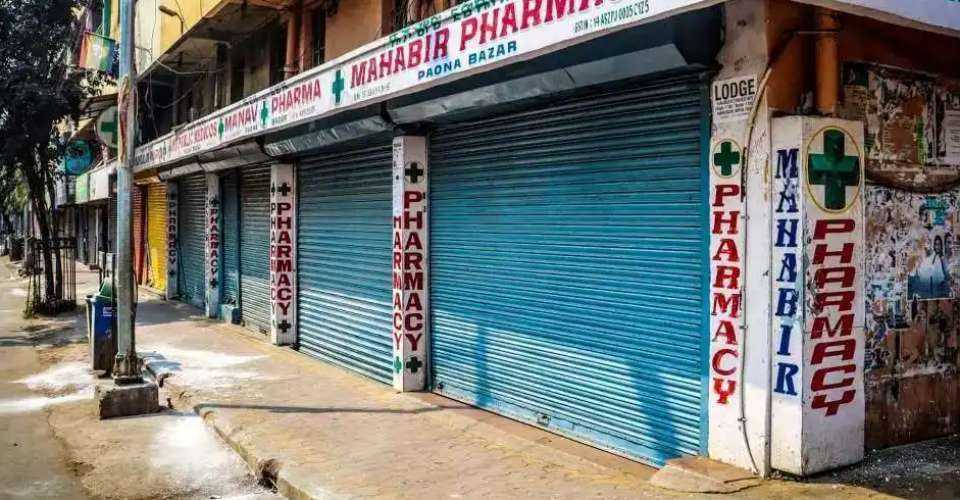
An indefinite curfew has been imposed in a tribal-dominated district of India’s strife-torn Manipur state after unidentified men assaulted a top indigenous leader, leading to further violence.
The state has seen clashes between predominantly Christian Kuki-Zo tribal people and the Hindu-majority Meitei group for nearly two years. Violence has claimed over 250 lives and displaced more than 60,000 people, most of them indigenous Christians.
The troubled state, in the northeast region bordering civil-war-torn Myanmar, is now directly administered by India’s federal government since Feb. 13.
Richard Laltanpuia Hmar, a top leader of the indigenous Hmar community, was attacked on March 16 night, sparking violence. It forced authorities to impose a curfew in the Churachandpur district on March 17.
The curfew was imposed after a police report indicated “a serious apprehension of a breach of law and order in the district,” read the March 17 order.
Churachandpur’s deputy commissioner S. Dharun Kumar urged local community leaders to engage in peace dialogue amid strict prohibition “on carrying of arms, unauthorized processions and unlawful assemblies of five or more persons.”
The unknown attackers blindfolded Hmar and beat him after he revealed his identity, reported the local media. He was hospitalized following excessive bleeding due to multiple injuries. His condition is reportedly stable.
Hmar Inpui, the apex tribal body of the Hmar community, expressed shock over the attack on its general secretary.
The Indigenous Tribal Leaders’ Forum (ITLF), a top body of indigenous communities in the state, condemned the attack and termed it a “heinous and cowardly assault.”
Its statement on March 17 said Hmar is a member of the ITLF and the top leader of the Hmar community.
The attack “is not an isolated one” and ITLF members “have been repeatedly targeted, highlighting a disturbing pattern of harassment and violence,” the statement said.
“The culture of impunity must end and those responsible must be held accountable,” the statement added
Church leaders suspect the attack on the indigenous leader was meant to derail the federal government’s initiative to restore peace in the troubled state.
The state plunged into ethnic violence on May 3, 2023, when a peaceful protest by the indigenous communities to oppose the granting of tribal status for Meiteis turned violent.
Some 60,000 people live in government relief camps that lack basic facilities and cannot return homes, Church leaders said.
More than 11,000 houses and some 300 churches were destroyed, a majority of them burnt to ashes by violent mobs.
Chief Minister N Biren Singh was forced to resign on Feb. 9 after his government failed to establish peace in the state.
Singh, a Meitei, belongs to the pro-Hindu Bharatiya Janata Party (BJP) of Prime Minister Narendra Modi.
“We want peace and nothing else in the state,” a Church leader who did not want to be named, fearing retribution told UCA News on March 18.
Indigenous people, mostly Christians, makeup 41 percent of the state’s 3.2 million people, while the Meiteis are 53 percent and control the government and administration.
The article appeared in the ucanews
